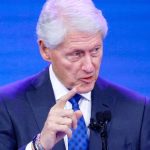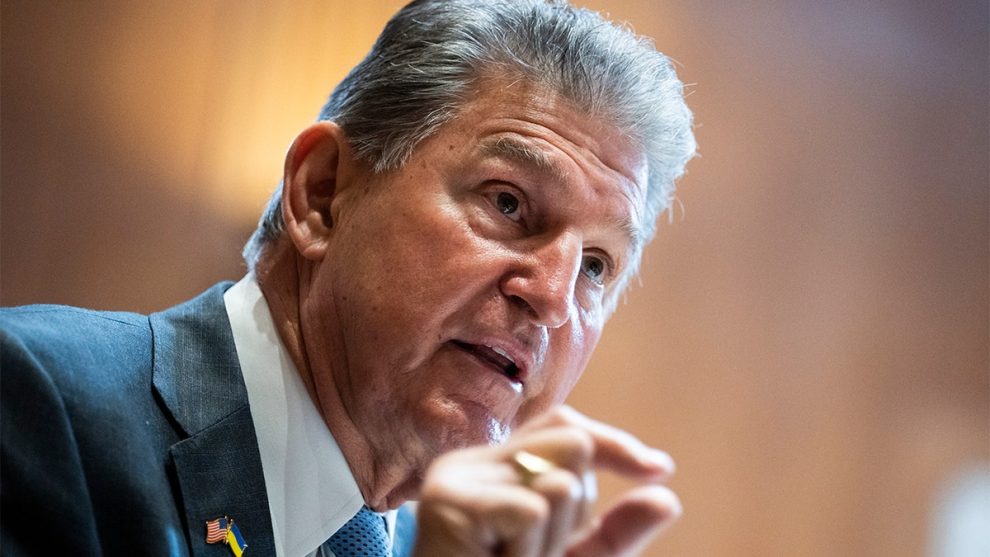Democrat and Republican senators are working together to block Ford Motor Co. from using Chinese technology to make batteries for American electric vehicles, raising concerns over ties with the Chinese Communist Party.
Ford Motor Co. is currently working on a billion dollar deal that includes working with Contemporary Amperex Technology Co. Limited (CATL), a Chinese battery manufacturer, to make batteries for new cars in the United States.
Sen. Joe Manchin, D-W.Va., stressed a 12% royalty on sales would be given to CATL.
“I’ll be damned if I’m going to give them $900 out of $7,500, to let it go to China for basically a product we started,” Manchin told the CERAWeek energy conference. “You’re telling me we don’t have the smart people and the technology, and we can’t get up to speed quick enough? That doesn’t make sense.”
CEO OF FORD-PARTNERED CHINESE EV BATTERY COMPANY HAS TIES TO CCP ‘UNTIED FRONT’ APPARATUS
Sen. Marco Rubio, R-Fla., recently introduced the “Restricting Electric Vehicle Outlays from Kleptomaniac Enemies (Revoke) Act of 2023,” a bipartisan bill that seeks to block companies from receiving electric vehicle tax credits from corporations with foreign entities of concern.
Rubio claims that if the deal proceeds, it “will only deepen U.S. reliance on the Chinese Communist Party for battery tech, and is likely designed to make the factory eligible for Inflation Reduction Act (IRA) tax credits.”
Ford is seeking to build a $3.5 billion battery plant in Michigan as part of the new deal.
Ford defended the deal, claiming that “making those batteries here at home is much better than continuing to rely exclusively on foreign-imports, as other auto companies do. A wholly owned Ford subsidiary alone will build, own and operate this plant. No other entity will get U.S. tax dollars for this project.”
























